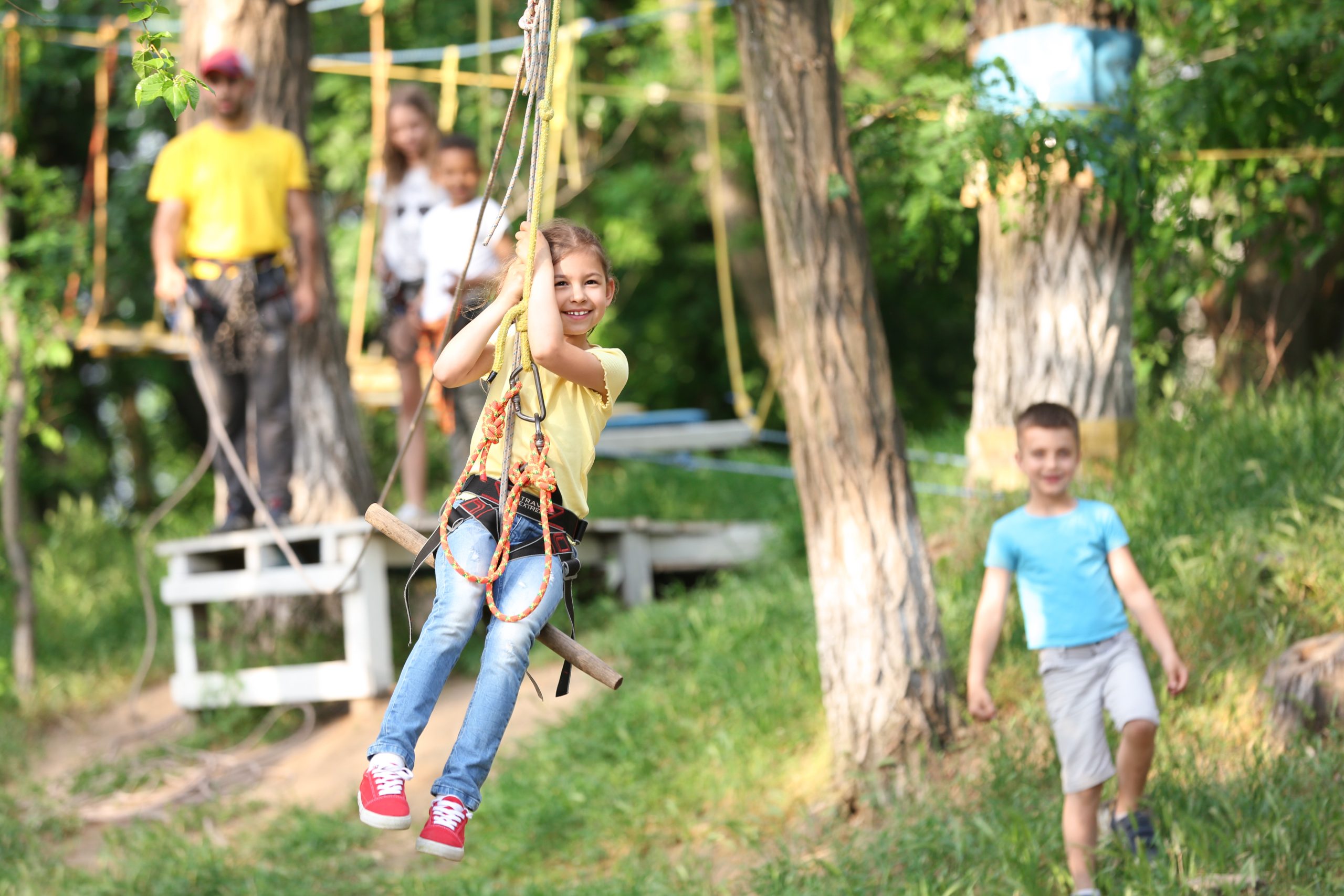
© New Africa, Adobe Stock
<h4>There is an intrinsic value to being outdoors in nature, regardless of whether we are in the mountains, the bush, the ocean, or simply going for a stroll through our local park. When we immerse ourselves in nature, we leave these spaces feeling physically, mentally, emotionally and spiritually refreshed.</h4>
<p>Outdoor adventure programs can provide schools with an ideal mix of fun and challenge (to keep students engaged), plus an effective way to integrate Te Whare Tapa Whā into your lessons, through experiential learning.</p>
<p><a href="https://www.schoolnews.co.nz/latest-print-issue/" target="_blank" rel="noopener"><b>Read the latest print edition of <em>School News</em> online HERE.</b></a></p>
<p>Outdoor adventure activities (at any location or ability level) allow us to create real-world examples of the four ‘walls’ of Te Whare Tapa Whā—how they each support wellbeing and how the walls are intrinsically linked to each other. For example, going on a bush walk can increase our sense of physical wellbeing (Taha Tinana) and <a href="https://www.schoolnews.co.nz/2025/07/from-stress-to-success-supporting-teacher-and-student-wellbeing/" target="_blank" rel="noopener">mental wellbeing</a> (Taha Hinengaro). It strengthens our connection to other people in the group (Taha Whānau), our sense of being connected to something bigger than ourselves (Taha Wairua) and our connection to the environment (Te Whenua).</p>
<p>Below are two examples of how outdoor activities and a connection to nature use Te Whare Tapa Whā as a framework for supporting hauora.</p>
<p><a href="https://www.schoolnews.co.nz/2025/04/learning-growing-and-exploring-with-school-camps-and-excursions/" target="_blank" rel="noopener"><strong>Related article: Learning, growing and exploring with school camps and excursions</strong></a></p>
<figure id="attachment_34533" aria-describedby="caption-attachment-34533" style="width: 573px" class="wp-caption aligncenter"><img class="wp-image-34533 " src="https://www.schoolnews.co.nz/wp-content/uploads/2025/08/Te-whare-tapa-whaa-1024x724.jpg" alt="" width="573" height="405" /><figcaption id="caption-attachment-34533" class="wp-caption-text">Te whare tapa whaa | Image provided by Adventure Specialties Trust</figcaption></figure>
<h4><strong>High Ropes</strong></h4>
<p>When students come to a high ropes/confidence course, we can delve into Taha Hinengaro (mental and emotional wellbeing).</p>
<p>Instructors might ask students to look up at the ropes and share how they feel. Replies might range from “It looks exciting” to “I can&#8217;t do that” or “I feel scared”. Then instructors can talk about the safety systems that are in place—the ropes and harnesses—which keep the students physically safe. But being up high can still feel scary. What are some ways that students can deal with those natural feelings of fear? The group can brainstorm together. Then go deeper: Does this ever happen in other parts of life, where you’re physically safe but emotionally scared? For example, speaking in front of a group or trying a new skill. Can we use these ideas in those situations too?</p>
<h4><strong>Kayaking</strong></h4>
<p>A focus for a day kayaking might be Taha Whānau (social wellbeing). Instructors might ask the students, “Who is in your boat with you?” then talk about the support networks that we have in our lives. Who do we turn to, when we’re struggling? Who supports us in different areas of our lives? Who do we support? How can we strengthen those existing relationships or build new relationships?</p>
<p>These are two quick examples, but there are many more ways that Te Whare Tapa Whā can be used in outdoor adventure activities to support students’ hauora. The great outdoors is a limitless resource for building holistic wellbeing, and Te Whare Tapa Whā is an ideal framework for linking it all together.</p>
<p><strong>This article was written by Tim Wils, CEO, <a href="https://www.adventurespecialties.co.nz/" target="_blank" rel="noopener">Adventure Specialties Trust</a>, for <em>SchoolNews.</em></strong></p>

Since 2015, fewer students are completing secondary school, defined as remaining enrolled in education until…
As the country’s Indian population grows, so does demand for Indian languages like Hindi, Punjabi…
By promoting alternate qualifications, some schools may have undermined public trust in NCEA, explains an…
Theatre is much more than performance. Deep skills can be developed across multiple curriculum areas,…
NZCER found generative AI tools are frequently used to support teaching and learning in primary…
The Ministry decision to discontinue a reading resource over kupu Māori has angered the sector…
This website uses cookies.